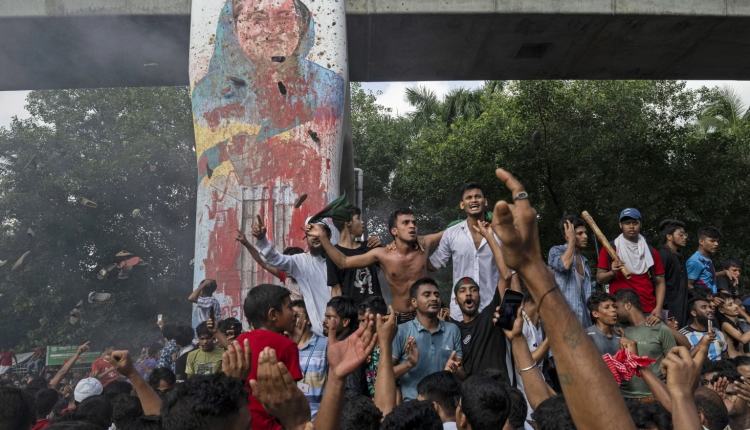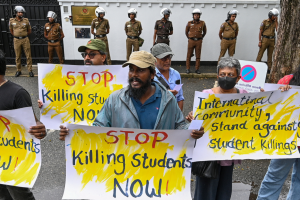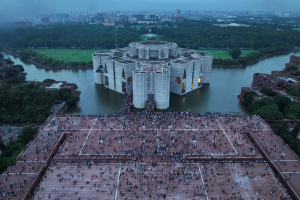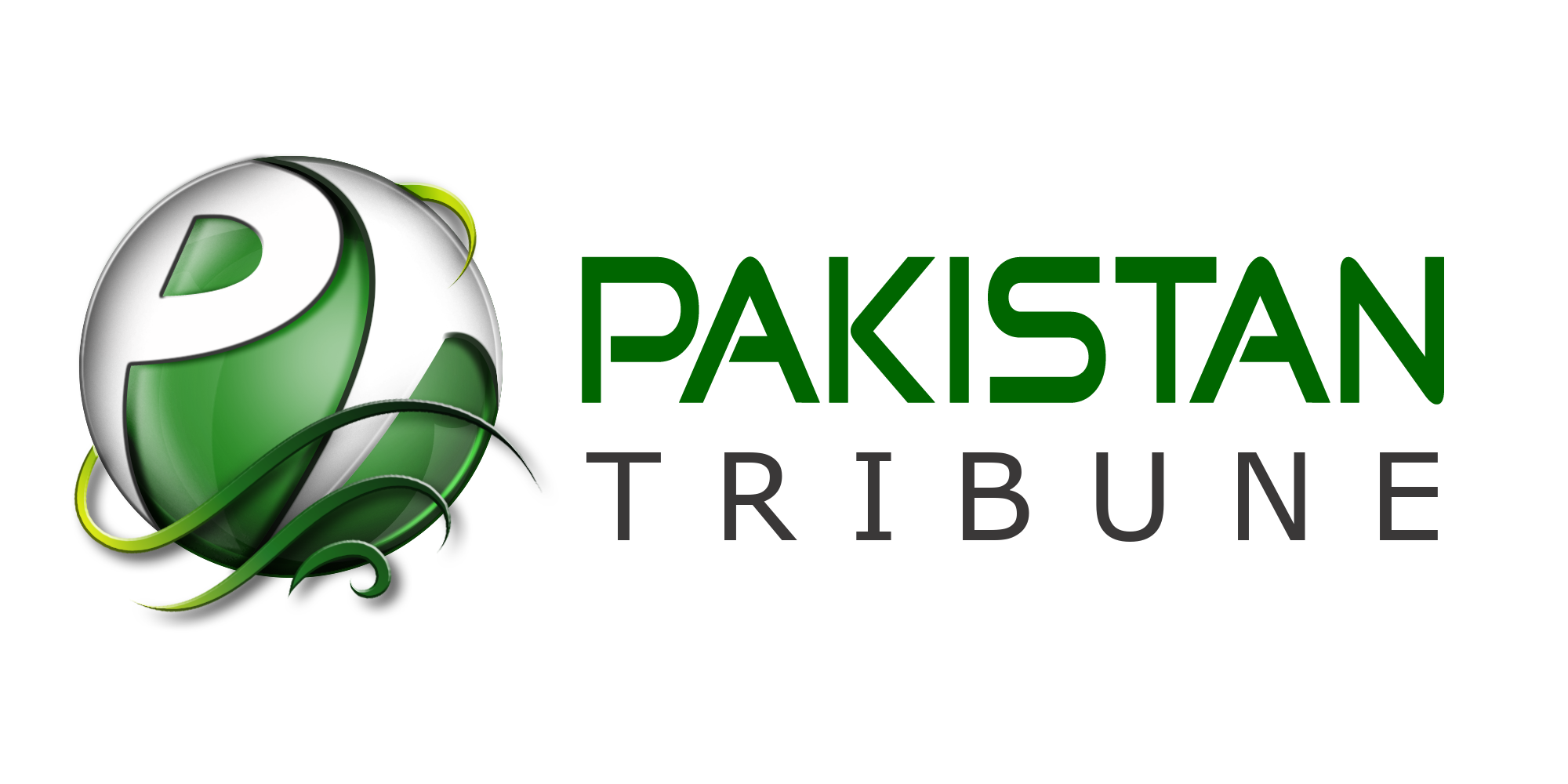
Bangladesh at the Crossroads of Crisis and Change
Navigating Political Turmoil and Social Upheaval in Bangladesh
Bangladesh is in the midst of a historic crisis that has dramatically altered the nation’s political landscape. This upheaval, marked by widespread unrest, economic challenges, and political upheaval, has dramatically altered the nation’s landscape. The resignation of Prime Minister Sheikh Hasina and the rise of a military-backed caretaker government have set the stage for an uncertain future. This blog explores the roots of the current unrest, the ongoing student protests and quota reforms, the implications of Hasina’s departure, and the broader impact on Bangladesh’s economy and society.
How Student Protests and Quota Reforms Ignited a Movement
The origins of Bangladesh’s current crisis can be traced back to the protests that erupted in 2018, centered around the quota system for government jobs. Introduced in 1972, the quota system was designed to address historical injustices and promote social equity by reserving a portion of government positions for specific groups, including descendants of war veterans and ethnic minorities. Over the decades, the system evolved, but it became increasingly controversial due to allegations of misuse and abuse.
By 2018, the system had reserved 56% of government jobs under various quotas. This included 30% for freedom fighters’ families, with additional quotas for women, underdeveloped districts, indigenous communities, and the disabled. The student protests that year were driven by frustrations with these quotas, which many perceived as outdated and unfair. The protesters argued that the system perpetuated inequality and obstructed merit-based appointments, demanding a reform that would ensure job opportunities based on merit rather than political connections or historical affiliations.
The government’s response to these protests was harsh. The Awami League, led by Sheikh Hasina, employed state machinery to suppress dissent. This led to violent clashes between security forces and protesters, drawing condemnation from both domestic and international observers. The crackdown, marked by excessive force and human rights abuses, only fueled further unrest.
The Rise of Nationwide Unrest and Sheikh Hasina’s Departure
In recent weeks, the situation in Bangladesh took a dramatic turn. The High Court reinstated the quota system for government jobs, overturning the 2018 decision by Hasina’s administration to abolish it. This move reintroduced a quota that reserved 30% of government positions for descendants of freedom fighters from the 1971 War of Independence. The reinstatement of the quota system ignited widespread protests, as students and other citizens expressed their discontent with the government’s decision.
The Supreme Court temporarily suspended the High Court’s order pending further review, setting a date of August 7 to hear the government’s challenge. However, the students intensified their protests, frustrated by Hasina’s refusal to address their demands amidst ongoing legal proceedings. The protests expanded beyond quota reforms to include broader grievances against the Hasina administration, such as allegations of corruption, economic mismanagement, and human rights abuses.

As the protests grew in scale and intensity, the government’s response became increasingly repressive. The police clashed with demonstrators, resulting in numerous casualties. In an attempt to control the situation, the government imposed curfews, cut off internet access, and restricted the flow of information. Despite these measures, the protests continued unabated.
The crisis reached a dramatic climax when Sheikh Hasina, facing mounting pressure and an increasingly volatile situation resigned and fled the country. Her departure, facilitated by a military helicopter bound for India, marked a significant turning point in the crisis and underscored the severity of the situation. Hasina’s resignation was not just a political upheaval but also a reflection of the deep-seated frustrations and demands for change within Bangladeshi society.
The Military’s Role and the Emergence of a Caretaker Government
Following Sheikh Hasina’s resignation on August 5, the military swiftly took control of the government. General Waker-uz-Zaman announced that the military had assumed power and dissolved the parliament. A caretaker government was established to oversee the transition and prepare for fresh elections.
The military’s intervention has elicited mixed reactions. On one hand, it has restored a degree of order and stability in a country that had been engulfed in violence and chaos. On the other hand, it has raised concerns about the future of democracy in Bangladesh. The military’s historical involvement in politics and the potential for power consolidation has led to apprehension about the direction of the country’s governance.
The caretaker government faces several pressing challenges. One of its primary tasks is to address the demands of the protesters and implement meaningful reforms. This includes tackling the contentious issue of quota reform. The protests have underscored the need for a more transparent and equitable system that addresses the concerns of all stakeholders.
Economic Impact and Social Unrest
The ongoing crisis has had a profound impact on Bangladesh’s economy and society. Previously known for its robust economic growth, the country is now grappling with severe economic challenges. High inflation, rising unemployment, and disruptions to businesses and daily life have compounded the hardships faced by ordinary citizens.
The textile industry, a cornerstone of Bangladesh’s economy, has been particularly affected. The protests and subsequent violence have disrupted production and export activities, leading to significant losses for many businesses. The government’s crackdown, including the closure of factories and public transport, has further exacerbated the economic difficulties.
Social unrest has also taken a heavy toll. The violence and repression during the protests have heightened insecurity among the population. Reports of extrajudicial killings, disappearances, and abuses by security forces have fueled anger and resentment. The crisis has laid bare deep-seated issues related to governance, human rights, and political accountability.
Future Prospects Amidst Uncertainty
As Bangladesh navigates through this period of crisis, the future remains shrouded in uncertainty. The caretaker government has a challenging task ahead, with several critical areas requiring attention.
Addressing Quota Reforms
One of the foremost issues is the implementation of quota reforms. The protests have highlighted the need for a merit-based system that ensures fair opportunities for all citizens. The caretaker government will need to carefully consider the concerns of various stakeholders and work towards a solution that balances historical injustices with the principles of meritocracy and transparency.
Economic Recovery
Economic recovery will be another crucial focus. Rebuilding the textile industry, restoring investor confidence, and addressing inflation and unemployment will be essential for stabilizing the economy and improving living standards. The government will need to implement policies that support economic growth and address the immediate needs of the population.
Political Reconciliation
Political reconciliation and the establishment of a functioning democracy will be key to ensuring long-term stability. The caretaker government will need to facilitate a smooth transition to democratic governance, including organizing free and fair elections. Rebuilding trust in political institutions and addressing issues of corruption and governance will be vital for fostering a democratic and inclusive society.
International Reactions and Implications
The international community has been closely monitoring the situation in Bangladesh. Responses from foreign governments and international organizations have varied, reflecting a mix of concern and support. Many have called for an end to violence and respect for human rights, emphasizing the need for a peaceful resolution to the crisis. International human rights organizations have criticized the government’s crackdown on protesters, urging for accountability and the protection of civil liberties.
Some countries have expressed apprehension about the potential for further repression and instability, while others have offered support for the transition process. The United Nations and various human rights groups have highlighted the importance of addressing the root causes of the unrest and ensuring that the voices of the Bangladeshi people are heard in the ongoing political transition.
The crisis in Bangladesh also has implications for regional stability. The country’s relations with neighboring countries, particularly India and Myanmar, could be affected by the political changes and potential shifts in foreign policy. Bangladesh’s role in regional dynamics, including its strategic position and economic relationships, makes it a significant player in South Asia. The international community’s engagement will be crucial in supporting Bangladesh’s transition and ensuring that the country moves towards a more stable and democratic future.
Navigating the Path Forward
As Bangladesh stands at a crossroads, the path forward will require careful navigation. The caretaker government’s ability to address the demands of the protesters, implement meaningful reforms, and stabilize the economy will be critical in shaping the country’s future trajectory.
Implementing Meaningful Reforms
The demand for quota reform remains a central issue. The protests have exposed the shortcomings of the existing system and the need for a more transparent and equitable approach. The caretaker government must engage with various stakeholders, including student leaders, civil society organizations, and political parties, to develop a reform plan that addresses the concerns of all parties involved. Ensuring that the reform process is inclusive and participatory will be essential for building trust and legitimacy.
Stabilizing the Economy
Economic recovery is a pressing concern. The government must take swift action to address the economic challenges exacerbated by the crisis. This includes revitalizing key industries, such as textiles, and implementing policies to support economic growth and job creation. Additionally, addressing inflation and unemployment will be crucial for alleviating the hardships faced by ordinary citizens. The government will need to work closely with business leaders, economists, and international partners to develop and implement effective economic policies.
Promoting Political Reconciliation
Political reconciliation will be vital for ensuring long-term stability. The caretaker government must facilitate a smooth transition to democratic governance, including organizing free and fair elections. Rebuilding trust in political institutions and addressing issues of corruption and governance will be crucial for fostering a democratic and inclusive society. Engaging in dialogue with political opponents and civil society organizations will help create a more collaborative and transparent political environment.
Strengthening Human Rights and Governance
The ongoing crisis has highlighted the need for stronger protection of human rights and improvements in governance. Addressing reports of extrajudicial killings, disappearances, and abuses by security forces will be essential for restoring public confidence and ensuring that the rights of all citizens are protected. The government must also work towards strengthening democratic institutions and enhancing transparency and accountability in governance.
International Support and Cooperation
The international community’s support will play a crucial role in Bangladesh’s transition. Engaging with international partners, including donor agencies and human rights organizations, will provide valuable assistance in addressing the country’s challenges. International support for the reform process, economic recovery, and human rights protection will be important for ensuring that Bangladesh moves towards a more stable and democratic future.
The Role of Civil Society and the Media
Civil society organizations and the media have played a significant role in the current crisis. Their efforts to document abuses, advocate for human rights, and mobilize public opinion have been crucial in highlighting the issues and pressuring the government for change. Moving forward, it will be important to support and protect these actors, as they contribute to a more informed and engaged citizenry. Ensuring that civil society and the media can operate freely and independently will be essential for fostering transparency and accountability.
Reflections on the Crisis
The crisis in Bangladesh is a complex and multifaceted issue with deep-rooted causes and far-reaching implications. As the country navigates this challenging period, it is essential to reflect on the lessons learned and the opportunities for positive change.
Learning from the Crisis
The crisis has underscored the need for meaningful reforms and the importance of addressing underlying issues. It has highlighted the shortcomings of the existing quota system and the need for a more equitable approach to job opportunities. The protests have also revealed deep-seated frustrations with governance and the need for greater transparency and accountability. The response to the crisis will shape the future of Bangladesh. The actions taken by the caretaker government, the international community, and other stakeholders will be critical in determining the country’s trajectory. Embracing the lessons learned from this crisis can help Bangladesh build a more inclusive, equitable, and democratic society.

Charting the Path Forward
Bangladesh stands at a critical juncture in its history. The recent protests, Sheikh Hasina’s resignation, and the military’s intervention have set the stage for a period of significant change. As the country navigates this tumultuous period, addressing the demands of the protesters, implementing meaningful reforms, and fostering political reconciliation will be essential for building a stable and democratic future.
The coming months will be crucial in determining the direction of Bangladesh’s trajectory. The actions taken by the caretaker government, the response of the international community, and the resilience of the Bangladeshi people will all play a role in shaping the country’s future. As Bangladesh faces these challenges, the hope is for a transition that leads to a more inclusive, equitable, and democratic society.
The international community’s engagement, the strength of civil society, and the commitment to human rights and good governance will be vital in supporting Bangladesh through this crisis. With concerted efforts and a focus on positive change, there is potential for Bangladesh to emerge from this period of turmoil stronger and more unified, ready to face the future with renewed hope and determination.
